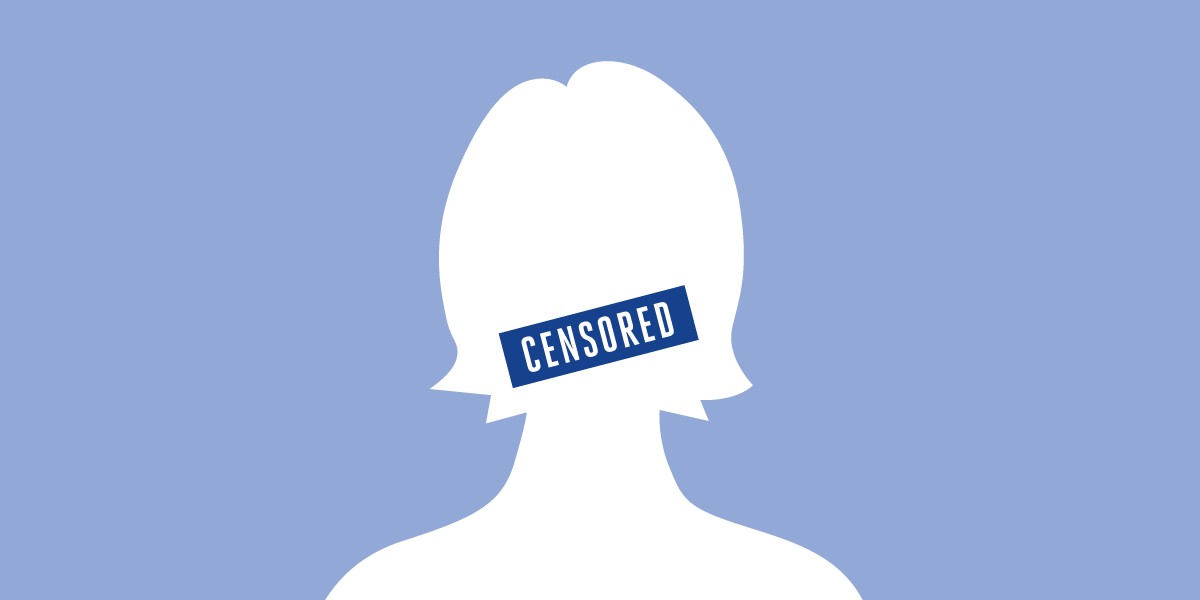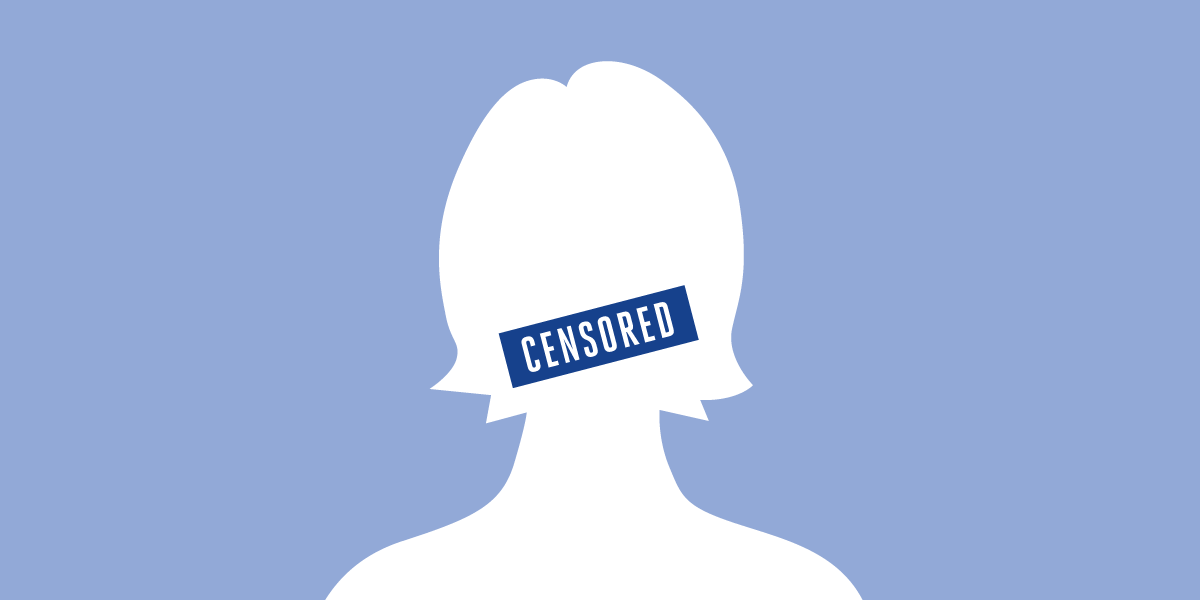Last week, Facebook CEO Mark Zuckerberg announced a new “privacy-focused” direction for the company that, while sounding great in theory, also set off several alarm bells—including concerns about competition as the company moves to make its messaging properties indistinguishable from one another. As usual for Zuckerberg, it’s all frying pans and fires: just a few days later, it seemed the company had accidentally-on-purpose picked a fight with one leading competition critic — Senator and Presidential candidate Elizabeth Warren — by deleting Facebook ads, placed by her campaign, that advocated breaking up the platform.
Facebook has since restored the ads, and clarified that they were removed solely because they violated policies against the use of the company’s trademarks in advertising on the platform. The company’s advertising platform policy prohibits advertisers from “represent[ing] the Facebook brand in a way that makes it the most distinctive or prominent feature” of the ad, and use of the logo itself is forbidden.
This policy goes well beyond what the law requires. Trademarks are intended to protect consumers by helping ensure that a person can identify a product’s source. If you prefer Coke over Pepsi, a logo helps you know which to buy. But advertisers, whether commercial or political, can normally use a trademark as part of speech criticizing conduct or to comment upon corporations and products, as long as the use doesn’t suggest endorsement. If an advertiser, especially a political campaign, is using Facebook’s trademark to identify the company in a critical comment, it’s unlikely people would think Facebook endorsed it.
There have always been two groups of people on the platform: those with the power to contest censorship and those without.
Given Facebook’s outsized influence on political discourse, the company’s choice to go beyond the law matters a lot. The ability to reference a company by name and logo in critical commentary is an extraordinarily important aspect of free speech and fair use. This is how Verizon can compare its wireless coverage to AT&T’s and Microsoft can compare its voice recognition to Apple’s—and how you can call the “Super Bowl” the Super Bowl in commentary (or criticism) despite the phrase being trademarked.
Facebook claims it restored Warren’s advertisements "in the interest of allowing robust debate,” and there’s no reason to look for more nefarious reasons for the takedown than the ads having violated the trademark policy. But trademark has often been used to limit debate, accidentally or intentionally, and if the company shuts down ads that use Facebook trademarks by default, then it is also censoring critics and silencing debate by default, as well. As Warren’s ads point out, using the platform is an important way to spread a political message—over 30% of the world’s population use the platform monthly. If it truly wants to restore debate, Facebook should stop censoring first and asking questions later.
This takedown is also a reminder that there have always been two groups of people on the platform: those with the power to contest censorship and those without. After the ads were restored, Warren wrote that “you shouldn't have to contact Facebook's publicists in order for them to decide to "allow robust debate" about Facebook,” and she’s right. If a candidate with less name recognition had their ads removed for a similar reason, it’s difficult to know if they would have been restored.
We’re just in the run-up to the 2020 Presidential campaign cycle, so this issue is only going to get more attention over the next twelve months. While no popular politician has taken a bigger swing at Facebook than Warren, criticisms of it are frequent across the political spectrum. The company is interwoven into the political process so deeply at this moment that every action it takes regarding political ads will be scrutinized closely. In a growing number of countries, Facebook requires a verification process to run such ads, which puts the company in control of whether or not an ad is “political.” Earlier this year, Facebook blocked transparency tools that inform users of how they were being targeted by advertisers. If Facebook wants to allow robust debate—and not be at the center of it—it should update its advertising policy, for political ads at least, and stop taking down uses of its trademark by default.









